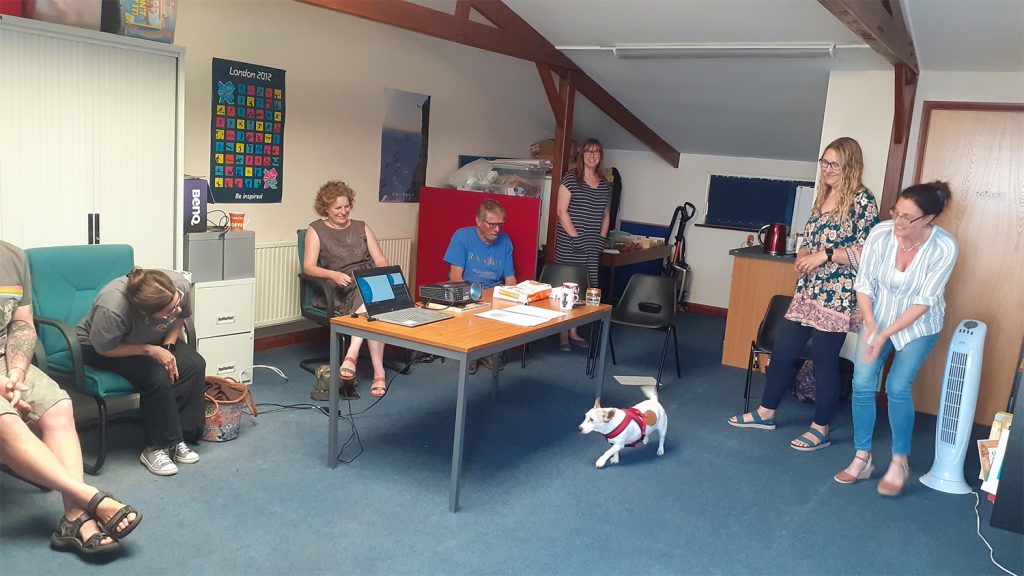Lucy Stevens - 26th June 2023
This week, Eastern Fostering Services put on some excellent training looking at brain development in children and adolescents and how it is affected by trauma experienced in utero, infancy, childhood and adolescence.
A synopsis:
Adverse Childhood Experiences (ACE) have the potential to cause trauma to children. ACE include but are not limited to:
- Neglect
- Abuse
- Domestic Violence in the home
- Parental ill mental health
- Substance dependency
- Separation of parents/caregivers
- Imprisonment of a parent or caregiver
Where one or more of these are experienced by children, they can have a profound effect on the physical development of the brain, which in turn can have an impact on the child throughout childhood, adolescence and adulthood.
How is the brain affected by Adverse Childhood Experiences and subsequent trauma?
Living with a high degree of threat can flood the body with stress hormones such as cortisol. Research has shown that this inhibits new neural connections but also causes other areas of the brain to be over-developed (such as the part of the brain which triggers the fight, flight or freeze responses.) Whilst this part of the brain might be over-developed, other areas may fail to develop properly such as areas of the brain responsible for emotional regulation, problem solving or memory. Scans of the brain show the physical differences in the brains of children who have suffered trauma versus those whose brains have developed healthily in line with expectations for age and stage.
In the same way that stimulation in babies creates in their brains new pathways, thus activating parts of the brain to develop, a lack of stimulation perhaps seen in those suffering neglect, can lead to a pruning of parts of the brain that are underused.
It’s not all bad news!
Research done over the last decade or so has concluded that the brain’s plasticity (its ability to generate new pathways) is not limited to infancy and can in fact generate new pathways in adolescence and even late adulthood. It was previously thought that one had only a small window to effect change in the brains ongoing development.
What does this mean for foster carers?
At all training sessions, Eastern Fostering Services creates a safe and trusting space for carers to share their experiences and ask for advice.

This training really helped all the carers to see many of the behaviours we manage as a physical by-product of the experiences the children have had. In turn, this enables foster carers to separate the behaviours from the child and to persevere in therapeutic approaches aimed at supporting the healthy development of the brain going forward.
One carer said;
“It’s so astounding to see the physical evidence of trauma on the brain. We tend to see children who’ve experienced trauma as having emotional issues, but this is physical! It’s mind-blowing and has helped me understand my child better whilst giving me hope for the future!”
Eastern Fostering Services offers excellent training and development opportunities for our carers, if you’d like to find out more, why not take a look at us in more detail.






